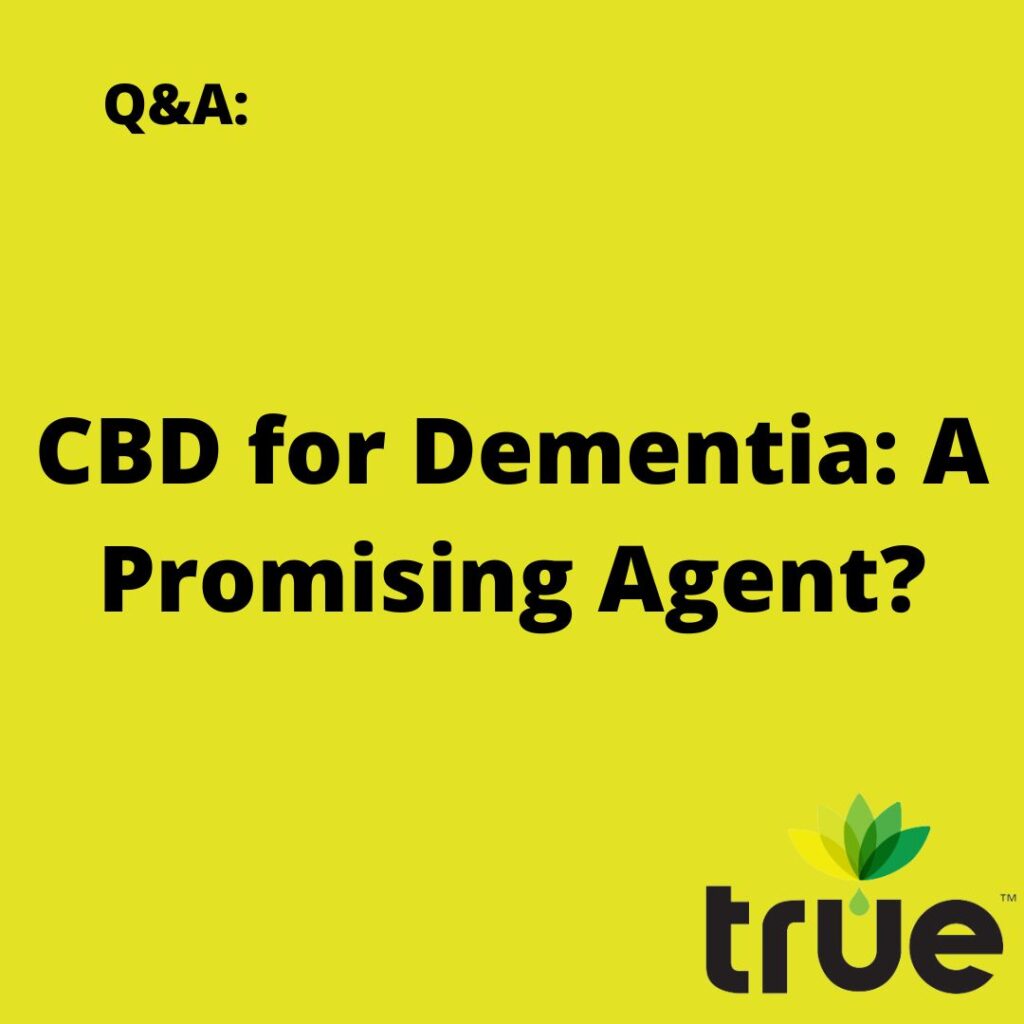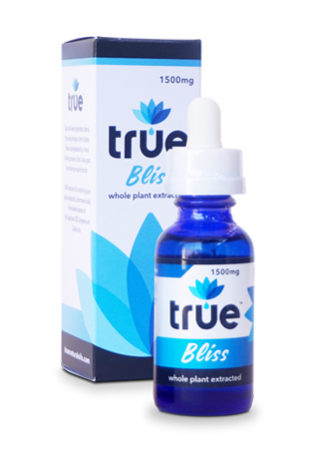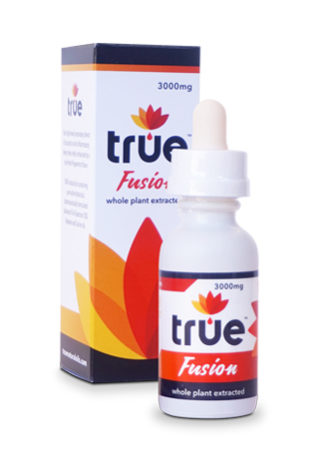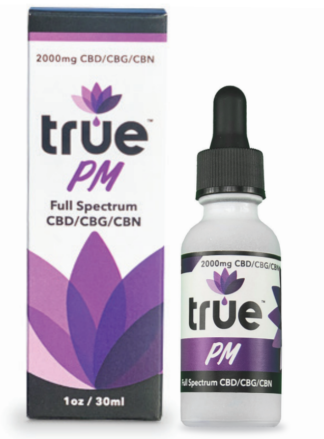Alzheimer’s disease is the leading cause of dementia accounting for 60% to 80% of all cases. The impairments of memory and thinking in Alzheimer’s disease have been linked to two abnormal features in the brain—amyloid plaques and neurofibrillary tangles. The damage associated with plaques and tangles leads to the death of neurons in regions essential to memory and thinking and eventually spreads to other areas of the brain as well.
For most people with Alzheimer’s disease, worsening problems with memory are the most prominent early symptom of the disease. Although people with Alzheimer’s are frequently able to recall events from many years ago, they have profound difficulty acquiring new memories. That’s partly because the hippocampus and other structures in the brain’s memory network are particularly vulnerable to the damage from Alzheimer’s disease. A person with dementia may ask a question, get an answer, then ask the same question a few minutes later. As we now know, dementia is a result of neurodegeneration; more specifically, the death of neurons that control memory and thinking.

The Endocannabinoid System takes part in the regulation of neurogenesis and neurodegeneration. Most studies suggest that endocannabinoid signaling is usually beneficial. The cannabinoid receptors CB1, CB2 and a protein coupled receptor GPR55 take part in the regulation of neurogenisis or neuronal rebuilding. Endocannabinoid signaling may also be beneficial because of its impact on halting neurotoxicity and neuroinflammation. It has been shown that deletion of CB1 accelerates brain aging through tumor necrosis factorα(TNF-α ), while CB1 binding decreases neuroinflammation.
The odd positive impact of ECS activation on cognitive enhancement may be also due to CB2 anti-inflammatory action or the impact of emotional state on learning and memory, all of which are modulated by ECS. Recent studies have shown CB2 presence in the central nervous system. In particular, it has been demonstrated that CB2 receptors are expressed in cells of the brain such as microglia, astrocytes and neurons in areas including the hippocampus, striatum and brain stem.
Noteworthily, it has been shown that CB2 receptors are largely distributed in activated astrocytes and microglia and thus they have an important role in the regulation of neuroinflammation when activated. CB2 activated receptors have an important role in the regulation of neuroinflammation.
Furthermore, it has been suggested that CB2 receptors could represent a promising therapeutic target in several neurodegenerative disorders, such as Alzheimer’s disease, Huntington’s disease, amyotrophic lateral sclerosis (ALS), and multiple sclerosis. In particular the activation of CB2 receptors might affect disease progression through the regulation of neurotransmission and neuronal function. Interestingly, the most largely studied mechanism of neuroprotection involves the anti-inflammatory effects of the CB2 receptors. This is of particular relevance considering that neuroinflammation is a crucial component of Dementia pathogenesis.
As the population ages and people live longer, dementia has become one of the most important health challenges in the world. The WHO estimates that around 50 million people have dementia worldwide and every year there are nearly 10 million new cases. The estimated proportion of the general population aged 60 and over with dementia at a given time is between 5–8%. The total number of people with dementia is projected to reach 82 million in 2030 and 152 in 2050.
REF:

Shop Our Lab-Tested, Pharmacist- Formulated Full Spectrum Oils Now!
- CBD Oils
- Pet Products
- Pain Salves
- Lotion
- Wound Care
- Sleep Tinctures

Written by: Robin H. McDonald, RPh, is a registered pharmacist in Newport Beach, California. She received her B.S. from the University of Pittsburgh, School of Pharmacy, in 1991. She has enjoyed many facets of her career over the last 31 years. Including her retail pharmacy practice, she also has been an independent pharmacist, compounding pharmacist and a regional Pharmacy scheduler for a small retail pharmacy company in Birmingham, Alabama. Her interest in the health benefits of CBD oil was piqued when she became witness to the healing potential of CBD.
To this day, Robin has semi-retired from retail pharmacy practice which allows her to devote dedicated time to research and development into the expanding forefront of CBD oil and its benefits. Robin is also dedicating research to a broad range of botanical benefits, including CBD, for skincare purposes. Robin enjoys living in Newport Beach with her loving husband, Bill.




